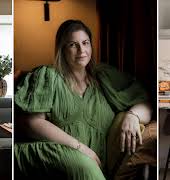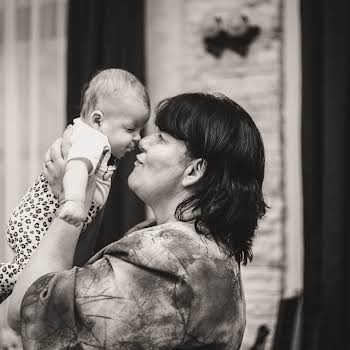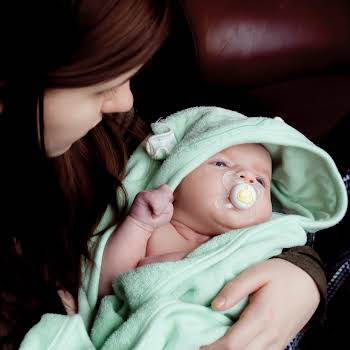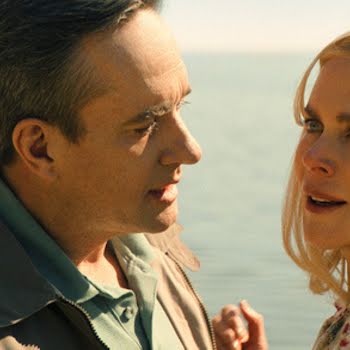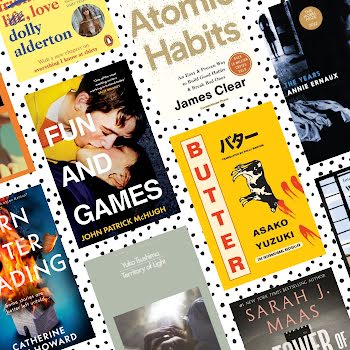
By Amanda Cassidy
22nd Jan 2023
22nd Jan 2023
The question isn't if woman can have it all. It's why we should be doing it all anyway?
Jacinda Ardern has been praised for “normalising” burnout after she announced she would step down as New Zealand’s prime minister.
The resignation of Ardern, who is also a working mother, has brought the issue back into the spotlight. Ardern’s decision to step down due to the “enormous pressure” she was facing as a leader and a parent has sparked a conversation about the ways in which women are expected to balance their roles as mothers and professionals.
This week, Ardern spoke candidly about her experience with burnout in a press conference announcing her resignation. She described feeling “physically and emotionally” drained and acknowledged that the demands of her high-profile job, combined with the responsibilities of motherhood, had taken a toll on her well-being.
Stating that she “no longer had enough in the tank” to do the job. She added, “I am human; politicians are human. We give all that we can for as long as we can. And then it’s time. And for me, it’s time.”
Ardern’s experience with burnout is not unique. In fact, it’s something that many working mothers can relate to. The pressure to excel in both their professional and personal lives can be overwhelming, leading to feelings of exhaustion, stress, and even depression.
When we decide to prioritise an area of our lives – whether it’s a relationship, our children, or our career – we open ourselves up to criticism about our supposed failure to juggle everything, to fail at doing womanhood right.
Dana, a diabetes nurse in Dublin says she got to a stage where she realised she was keeping everything together, except her mental health. “All day I’d juggle everything – the kids, my work, the childminder, the bills and by the time I’d finish a shift, I’d be almost ready to collapse.
I kept the show on the road but I was barely having the time to even read a book or wash my hair, and after a while I started asking myself what the point of it all was. I was miserable with the relentless grind of it all. In the end, my partner and I decided we’d prefer to go without rather than run myself into the ground. I dropped down to a 15 hour week and I’ve never looked back.”
One of the main reasons for this is the societal expectation that women should be able to be superwoman. We often expect mothers to be the primary caretakers of their children, while also excelling in their careers. It’s not only unrealistic, but it also puts a significant amount of pressure on women to constantly perform at a high level in both areas of their lives while also holding them to the same standards as their male counterparts in the workplace.
This can lead to feelings of guilt, stress, and exhaustion for working mothers who are trying to do it all.
Balance?
On the other hand, some argue that the notion of “burnout” is overused and that women are capable of handling the demands of motherhood and a career. They argue that it is possible to achieve a balance and that the problem is not necessarily the demands themselves, but rather a lack of support systems in place to help women manage them.
Regardless of which side of the argument one falls on, it is clear that burnout is a real issue that affects many women, and working mothers in particular.
Struggling
In recent years, there have been several high-profile references to burnout in popular TV shows and movies For example, in the hit show “The Morning Show” Reese Witherspoon’s character is a perfectionist news anchor who is trying to balance her work and personal life, and the show explores the impact of burnout on her mental and physical health.
Similarly, in “The Bold Type” the main character is a young working woman who is struggling with burnout, and the show addresses the pressure she feels to excel in her career while also maintaining her personal relationships. In “The Queen’s Gambit” the main character is a brilliant chess prodigy who is also struggling with addiction and burnout.
In “The Good Place,” character Eleanor is shown struggling with burnout as she tries to balance her job and personal life. Movie “I, Tonya,” charts the character Tonya Harding who is shown dealing with the pressure to perform in her sport and in her personal life.
Support systems
Naturally, we need to acknowledge that it’s not realistic to expect women to “do it all,” and we need to provide more support and flexibility in the workplace to help working mothers succeed in both their professional and personal lives.
It’s important for us to continue to have these conversations and work towards finding solutions. And to change the yardstick for the expectations we place on ourselves too.









